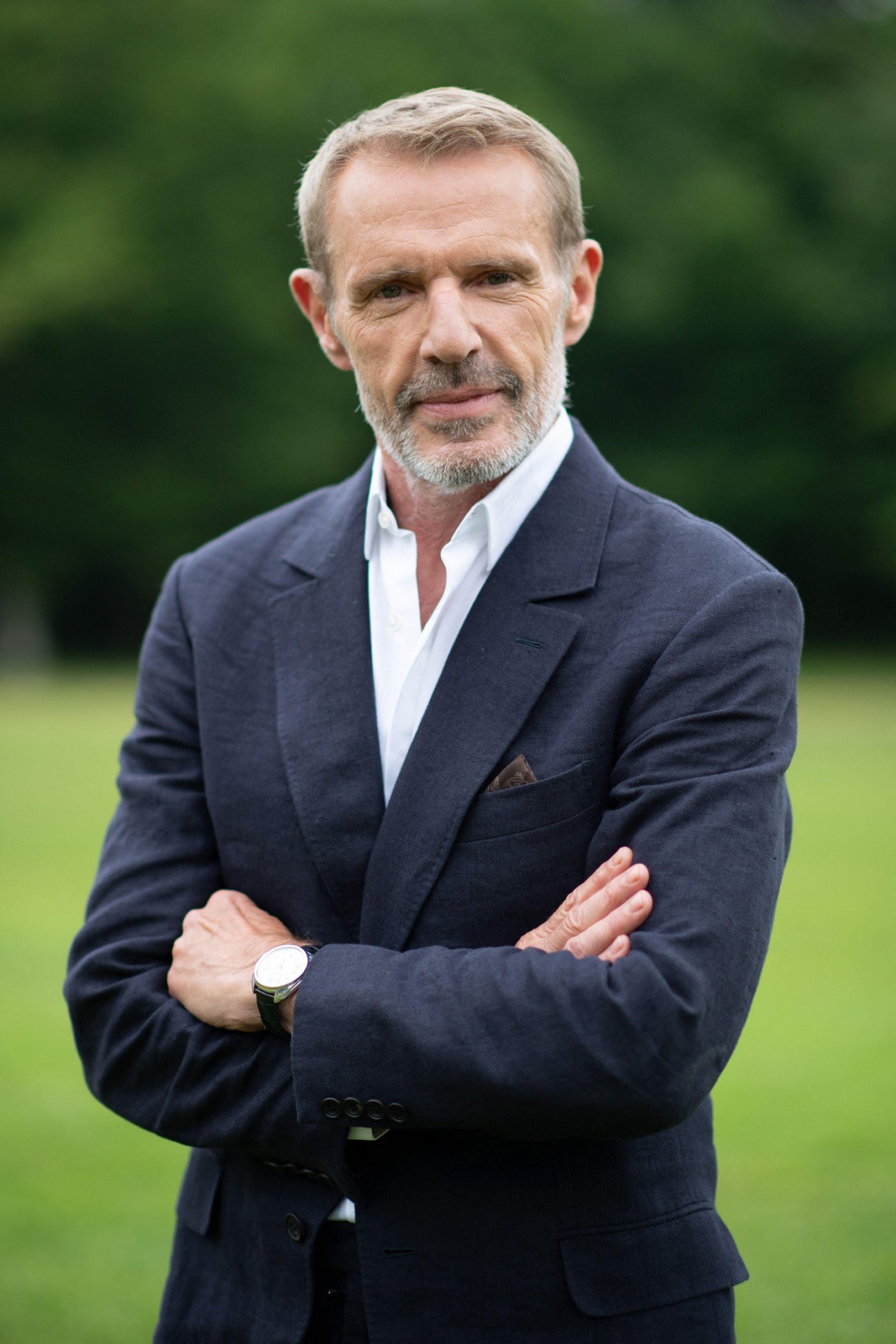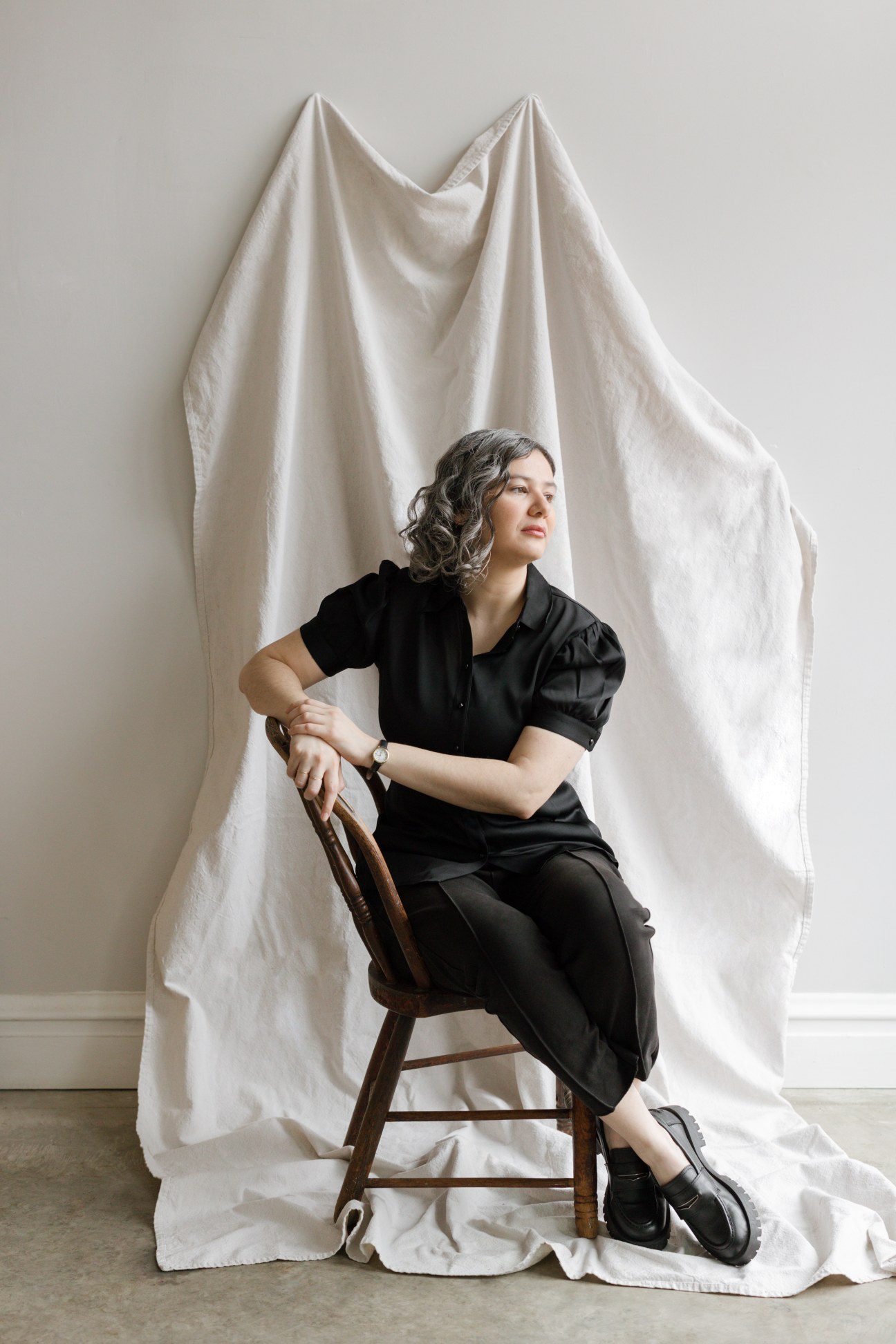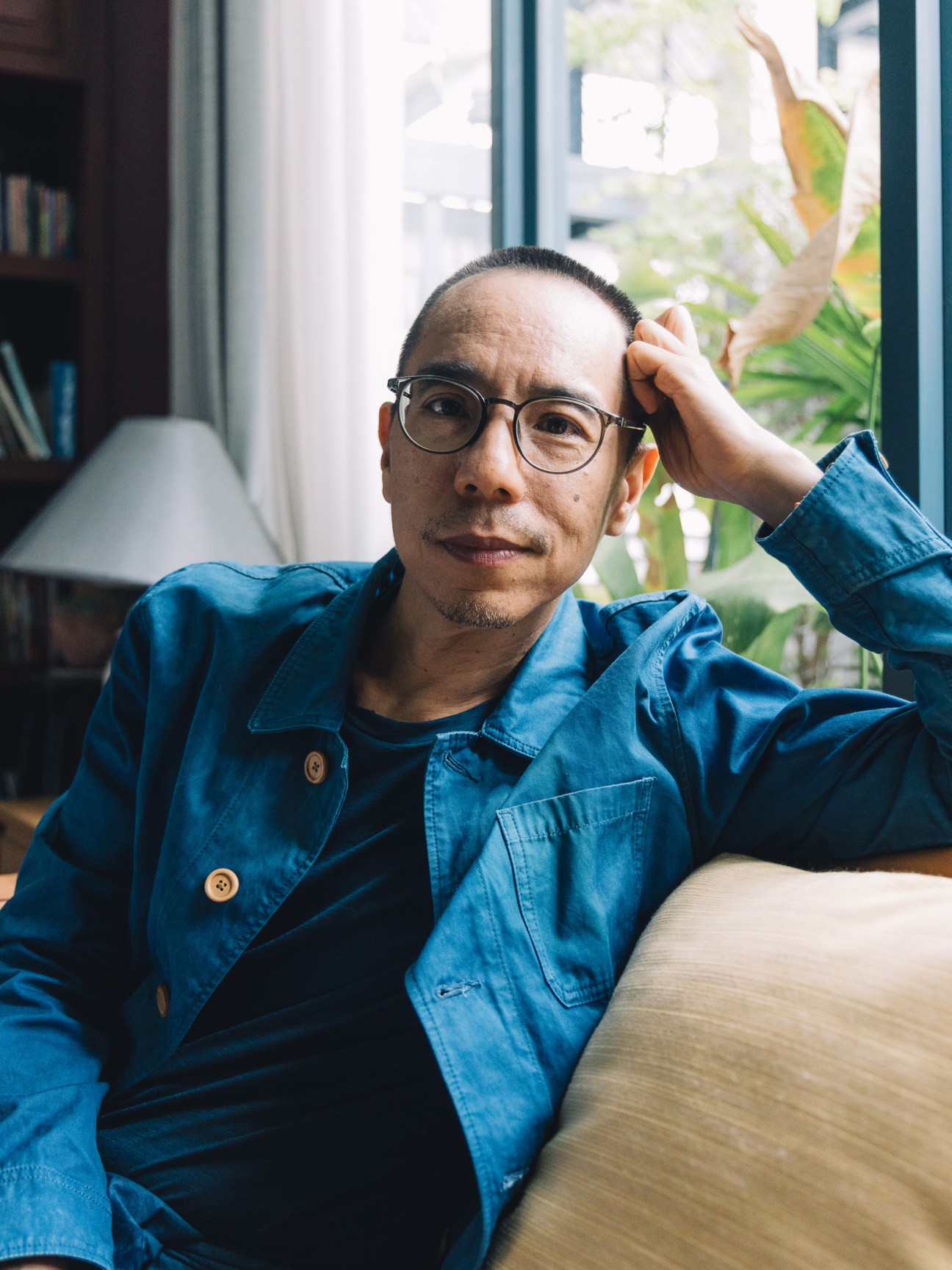The cultural agenda for autumn 2024
Haute couture on the big screen, kiosk culture in the US and a Thai filmmaker’s Paris presence.
Q&A: France
Lambert Wilson
French-language show La Maison on Apple TV+ follows two rival families as they compete for dominance in Paris’s high-fashion world. The cast includes Lambert Wilson as star designer Vincent Ledu. Here he discusses his role, his character’s taste and learning to sew.

Your character is a harsh person. Did you enjoy playing Vincent?
I like playing kings. Vincent reigned at a time when he only had to answer to critics in magazines, so he is not prepared for the online criticism that he receives. I understand how social media might be a struggle for people who are not used to it.
What is your favourite piece from Vincent’s wardrobe?
The costume designer introduced me to oversized trousers by Yohji Yamamoto, which have incredible lines that work well for tall men. They have now become an essential part of my outfit when I’m on stage. I have started dressing in all black like Vincent too.
How has this show influenced your outlook on fashion?
I learned the basics of lacemaking and sewing for the show, so I now pay more attention to how clothes are constructed. I have continued to hone my skills since shooting. I don’t think that I could make a whole suit but I could definitely stitch a perfect shoulder.
Literature: Brazil & USA
Bruna Dantas Lobato

Bruna Dantas Lobato is a writer and translator of Brazilian literature. Her translation of Stênio Gardel’s novel, The Words That Remain, won the 2023 National Book Award for Translated Literature, while her own fiction has been published in The New Yorker. Dantas Lobato’s debut novel, Blue Light Hours, will be published this October. It focuses on the changing relationship between a mother and daughter when the latter moves from her hometown in Brazil to university in the US. Here, Dantas Lobato speaks to us about the novel’s themes, her writing process and the art of translation.
How did ‘Blue Light Hours’ come to be?
I really wanted to write the book and have it be an immigrant novel; a campus novel; a mother-daughter novel. But I also wanted it to be simple and focused on their relationship. I’m not one of those writers who can plan ahead. I didn’t know how to pull it off until I started writing, so I kept reshaping it and moving things around until I found out what I was actually trying to do. It is very dialogue-heavy. I love writing speech.
How did you get into translation?
When I moved to the US, I was reading all these wonderful books from Brazil that I couldn’t share with the people around me. So much of the writing coming out of Brazil was beautiful and no one knew.
Has your work as a translator influenced your own writing practice?
Being a translator is like having training wheels as a fiction writer. You constantly think about form, dramatic effects and how to construct a scene. I also had a lot of guidance from more experienced authors who knew what they were doing better than I did. I am a translator because I’m a writer – and I know I’m a writer because I’m a translator.
Arts: USA
Kiosk culture

“Are We on Air?” says the awning of Kiosk-o-thèque on Hollywood’s Sunset Boulevard. It’s the latest project by Arman Naféei, host of a monthly podcast also called Are We on Air? and founder of creative agency Studio Neu. The kiosk is opposite the Chateau Marmont. Naféei spotted it when he was the hotel’s director of ambiance, a role that tasked him with creating the perfect mood for guests.
“I had my eyes on the newsstand when it shut down during the coronavirus pandemic,” Naféei tells monocle. “I knew that the location would be perfect for my kiosk. A million cars drive by every week. I call it an experiential billboard.”

The kiosk is a mix of gallery, bookshop and podcast studio. It is also used for events, from a book-signing party with artist Nadia Lee Cohen to a pop-up celebration of the latest film by director Yorgos Lanthimos. “It’s anything you want it to be,” says Naféei. But among the vintage magazines and vinyl, you’ll still find the weekend papers.
To hear the full interview with Arman Naféei, listen to ‘The Stack’ on Monocle Radio.
Film: Thailand
Independent visions

“Cinema still excites me as much now as it did when I was a child,” says Thai filmmaker Apichatpong Weerasethakul, the writer and director of dream-inspired films such as Palme d’Or winner Uncle Boonmee Who Can Recall His Past Lives and Memoria, starring Tilda Swinton. Weerasethakul the independent auteur, who writes his own scripts and expertly secures funding from organisations in France and Germany, must split his schedule with Weerasethakul the artist, a busy man, who hosts exhibitions around the world.
October sees the 54-year-old host two shows at the Centre Pompidou in Paris. Night Particles is an exhibition of video artworks using projectors to channel Thai horror films. It’s textbook Weerasethakul. A Conversation with the Sun, meanwhile, is his first experiment with virtual reality. The videos encourage audience participation and are accompanied by a score by the late Japanese composer Ryuichi Sakamoto. But Weerasethakul has made it clear that virtual reality isn’t the future of cinema. Instead, he views it as an “open space” in which directors set a stage for the audience rather than try to control everything – as in traditional cinema. Weerasethakul is a purist about his feature films, which are intentionally shot for the big screen.
His next film will be shot in Sri Lanka and loosely based on the work of British science-fiction writer Arthur C Clarke. It’s a subject close to Weerasethakul’s heart as he has read Clarke’s work from a young age. “Looking through a camera makes me feel as curious as I did when I encountered science fiction as a child.”


